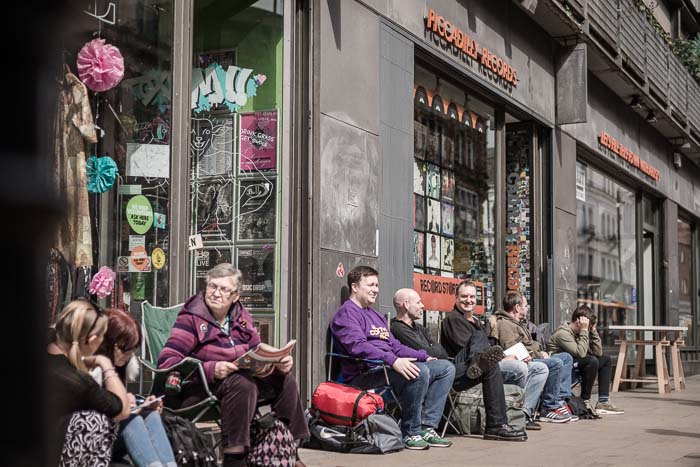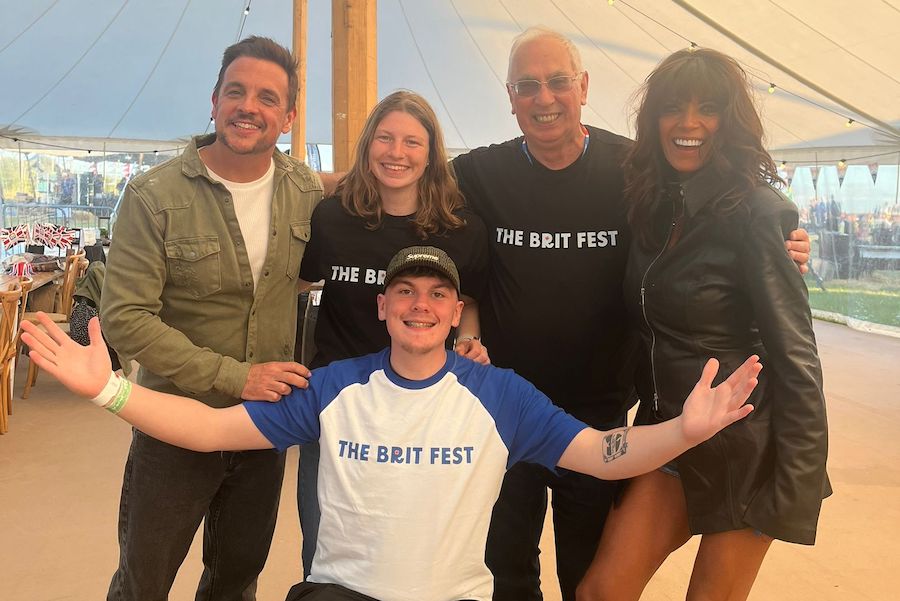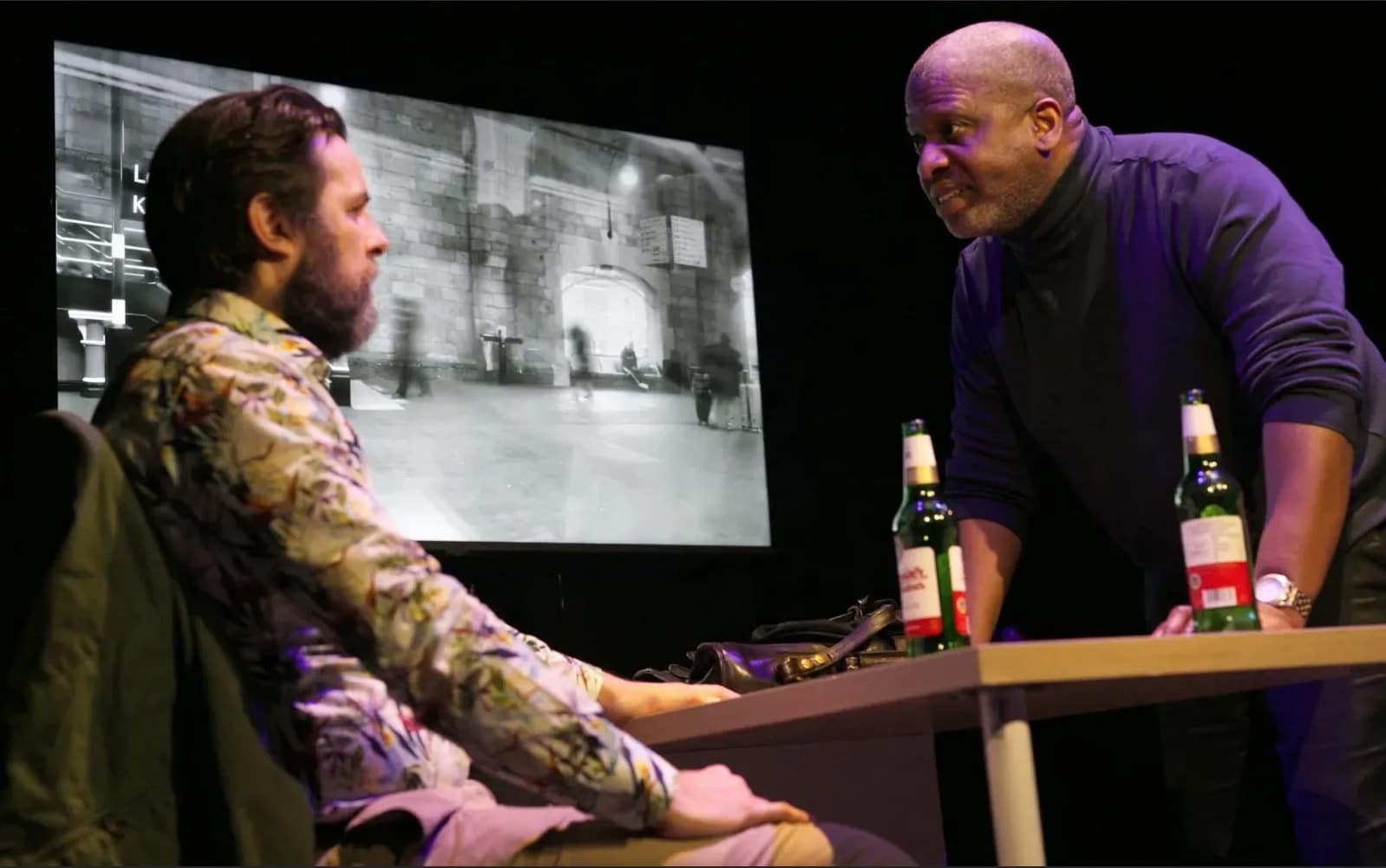“Let’s replace all traces of the fascist Mosleys with our greatest local family, the Pankhursts”
- Written by Ed Glinert
- Last updated 1 year ago
- History, People
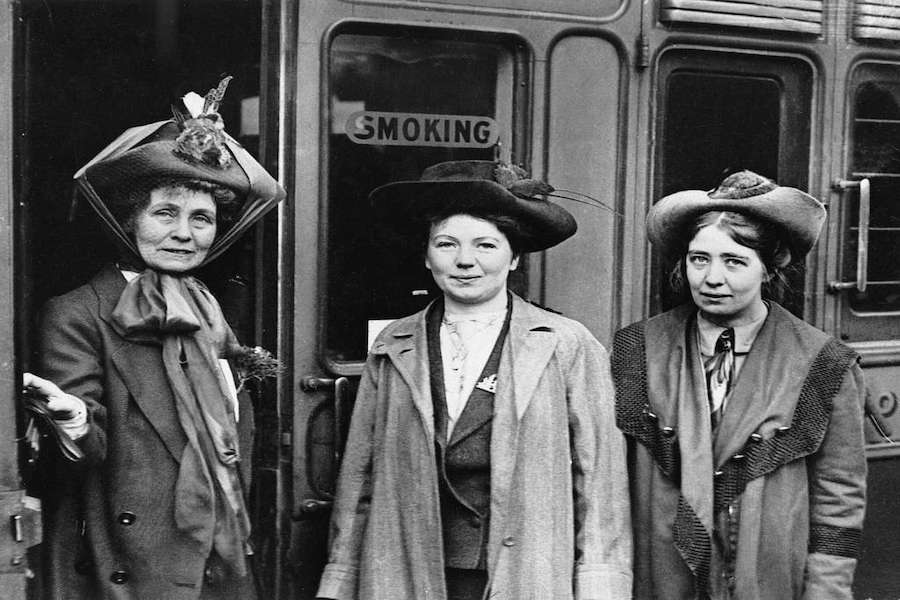
So why do our streets still bear the name of one of the UK’s notorious fascists, The Mosleys?
We’re behind, despite our two hundred-plus years of radical activity.
The Pankhursts of Manchester
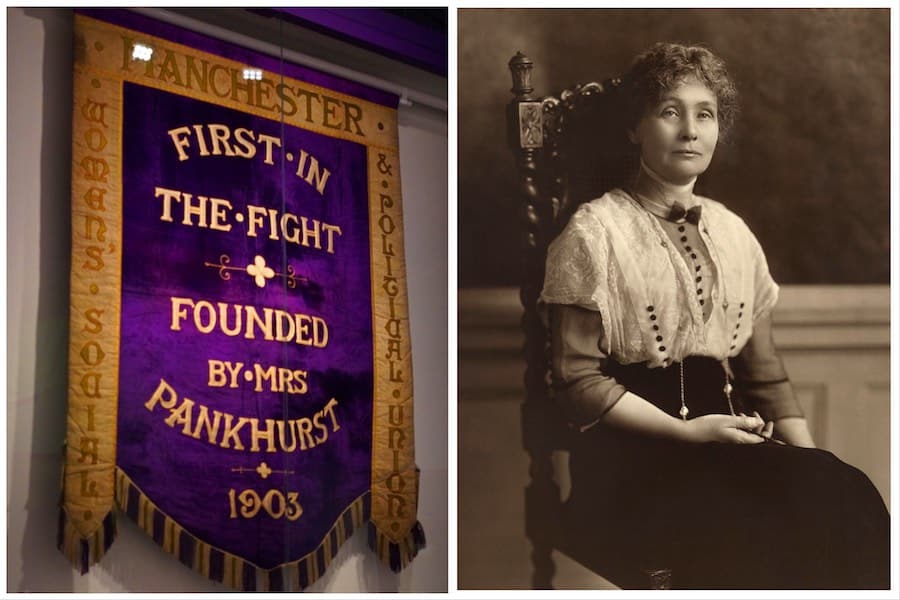
And yet we have the obvious Manchester campaign within this topic to get behind –removing all signs of the horrendous Mosley family and replacing them in honour of our greatest local family – the Pankhursts.
Removing the Mosley legacy in Manchester
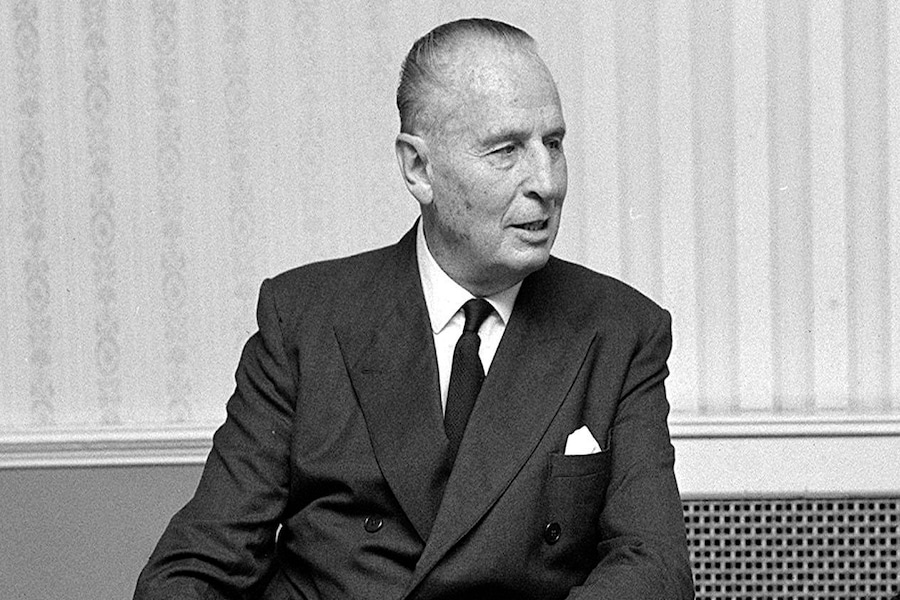
Let’s remind ourselves of the problem with having three city centre streets named after the Mosleys.
Mosley Street itself, West Mosley Street and Lower Mosley Street.
The Mosley family were the feudal lords of the manor of Manchester for more than two hundred years.
This dated from 1596 when Nicholas Mosley went to London to buy Manchester from John Lacy for £3,000.
The Mosley family now controlled the growing town. There was no democracy. All power rested with this one family who appointed the hierarchy of positions to govern Manchester through the Court Leet.
As Manchester’s status rose to that of a great industrial metropolis early in the 19th century, our governance remained mediaeval.
The Mosley family resisted democracy.
One man changed this – Richard Cobden: cotton merchant, free trader, arch democrat whose statue stands in St Ann’s Square and whose portrait hangs in the Portico Library.
The 1832 Reform Act
In the wake of the 1832 Reform Act, which gave the vote to around 12 per cent of men, Richard Cobden was determined to bring democracy to Manchester.
At one meeting of the Court Leet in the 1830s Cobden watched as the members received tickets entitling them to participate in a dinner at the expense of the Mosley Lord of the Manor.
“Well, what in the world does all this mean?” Cobden asked.
“Is it that in this great town of Manchester, we are still living under the feudal system? Does Sir Oswald Mosley, living up in Derbyshire, send his mandate down here for us to come into this dingy hole to elect a government for Manchester and then go and get a ticket for soup at his expense? Why, now I will put an end to this thing.”
He did. Cobden helped create the council in 1838. Democracy had arrived. The Mosleys received £200,000 to disappear, although they did retain the baronetcy of Ancoats.
Oswald Mosley and fascism
Into the 20th century, a new Mosley appeared: Oswald, Great War hero turned Conservative MP. Oswald Mosley, the 6th Baron Mosley of Ancoats, was an unlikely Conservative MP, despite his aristocratic background. His policies were suspiciously to the Left.
So it was no surprise when he went independent and then joined the Labour Party, rising to the high office of Chancellor of the Duchy of Lancaster in 1929. But when he failed to get his ideas taken up by the Labour government, he quit in a fit of pique and in 1932 founded the British Union of Fascists, which led to much violence on the streets of London and Manchester in particular.
Oswald Mosley always claimed fascism was a left-wing movement – maybe, but with para-military goons patrolling the streets, blaming all the world’s problems on the Jews, a body politic ruled by the iron fist, George Orwell’s “boot stamping on a human face for ever”.
Mosley’s fascist party was stymied by the Second World War. They wanted peace with Hitler; the public wanted Hitler obliterated.
Mosley’s son Max carried the fascist flag into the 1960s, publishing an election leaflet for Moss Side warning “Coloured immigration threatens your children’s health”. That’s what it feels like having a Manchester lined with three Mosley streets: a boot stamping on a human face for ever.
Locals might be inured to this, but what must overseas visitors think? Is Manchester honouring the fascist Oswald Mosley?
Emmeline Pankhurst
Now consider the Pankhursts.
The popularity of Emmeline never diminishes; it soars. She has a statue in St Peter’s Square, ironically right by Mosley Street. She is honoured in street art outside Affleck’s Palace and the Cathedral.
Big crowds come on my regular Pankhurst tours.
Emmeline Pankhurst is the embodiment of the long-running, 60-year campaign (1866–1928) to win women the vote on the same terms as men. Put aside for a while her political tergiversation from hard Left to mainstream Right and support for the needless Great War.
Christabel Pankhurst
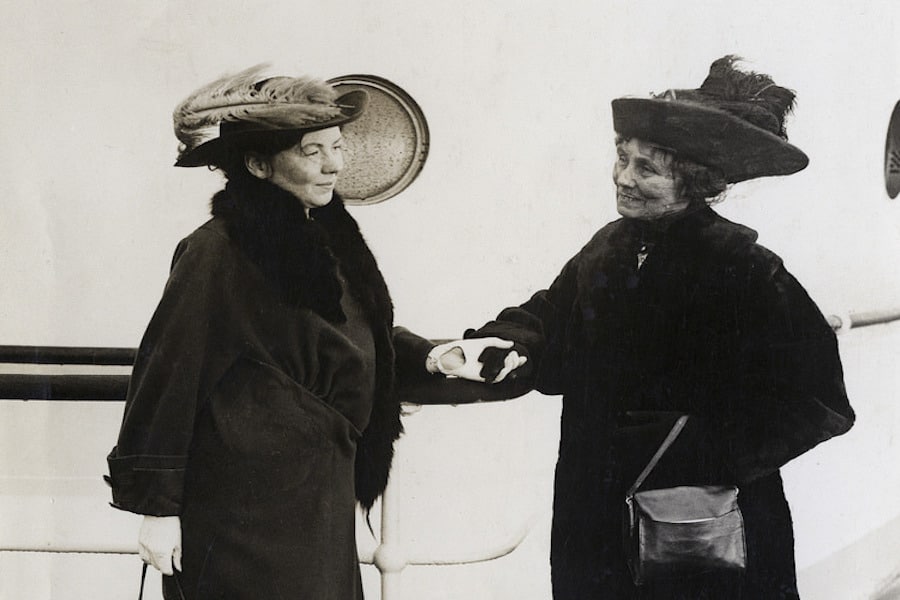
She is someone Manchester can feel proud of. But Emmeline is not the only major Pankhurst. Her favourite daughter, Christabel, organised the disruption of the Liberal opposition’s rally at the Free Trade Hall in October 1905, the first major militant action that gave the Suffragettes publicity. When Christabel failed to win a seat at the 1918 general election, the first at which (some) women could vote and stand, she quit politics and even quit Britain, emigrating to California.
Sylvia Pankhurst’s political activism
What a contrast with sister Sylvia. Sylvia Pankhurst ranks as perhaps Britain’s greatest-ever political campaigner. To Sylvia, gaining women the vote was just one of a shopping list of aims, something which terrified her long-term adversary, Winston Churchill. In 1916, during the Easter Rising, she rightly applauded the Irish Republicans’ demand that “Ireland be allowed to govern itself” and their promise of “equal opportunities and equal rights for all citizens of an Irish Republic”. She was a founding member of the Italian anti-fascist movement at a time when few people in Britain knew what fascism was.
Removing the Mosley legacy in Manchester
As Mosley Street is the main Mosley thoroughfare, witness to hundreds of thousands of people a day, many by tram, this should become Emmeline Pankhurst Street.
West Mosley Street behind Mosley Street is not so obvious, although there’s a nameplate on a too conspicuous location on the wall of the Town Hall Extension. This could be Christabel Pankhurst Street.
A Pankhurst, not so lauded due to her narcissism but still worth honouring. And finally the great Sylvia. Lower Mosley Street as Sylvia Pankhurst Street. A perfect choice given that the Peterloo Memorial is on Lower Mosley Street.
This is Manchester’s opportunity to remove the Mosley stain on our streets. The city council is progressive, radical, and forward-thinking. These name changes might cost, but the return, in terms of publicity, tourism – international tourism – will be phenomenal. A major stop on the radical trail.
• Ed Glinert’s next free “Pankhursts of Manchester” tour, Saturday the 1st of July at 10.30 am from the statue.
- This article was last updated 1 year ago.
- It was first published on 21 June 2023 and is subject to be updated from time to time. Please refresh or return to see the latest version.
Did we miss something? Let us know: press@ilovemanchester.com
Want to be the first to receive all the latest news stories, what’s on and events from the heart of Manchester? Sign up here.
Manchester is a successful city, but many people suffer. I Love Manchester helps raise awareness and funds to help improve the lives and prospects of people across Greater Manchester – and we can’t do it without your help. So please support us with what you can so we can continue to spread the love. Thank you in advance!
An email you’ll love. Subscribe to our newsletter to get the latest news stories delivered direct to your inbox.
Got a story worth sharing?
What’s the story? We are all ears when it comes to positive news and inspiring stories. You can send story ideas to press@ilovemanchester.com
While we can’t guarantee to publish everything, we will always consider any enquiry or idea that promotes:
- Independent new openings
- Human interest
- Not-for-profit organisations
- Community Interest Companies (CiCs) and projects
- Charities and charitable initiatives
- Affordability and offers saving people over 20%
For anything else, don’t hesitate to get in touch with us about advertorials (from £350+VAT) and advertising opportunities: advertise@ilovemanchester.com
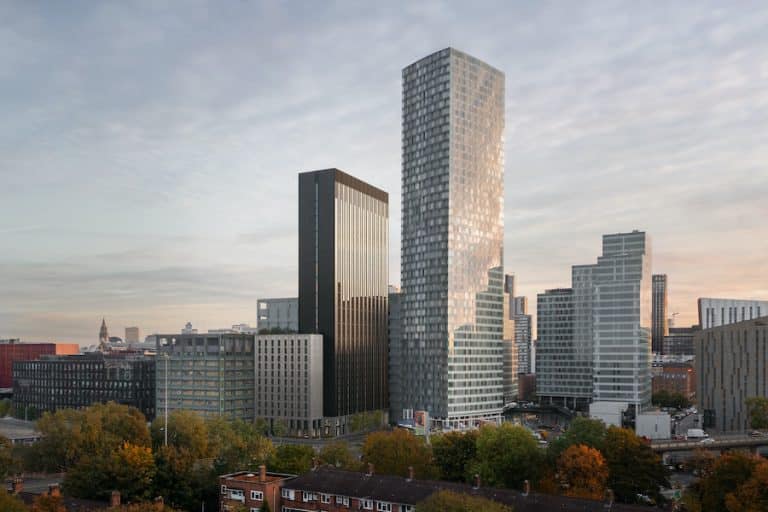

The Manc aerobics queen who trained the Corrie cast is helping raise charity cash
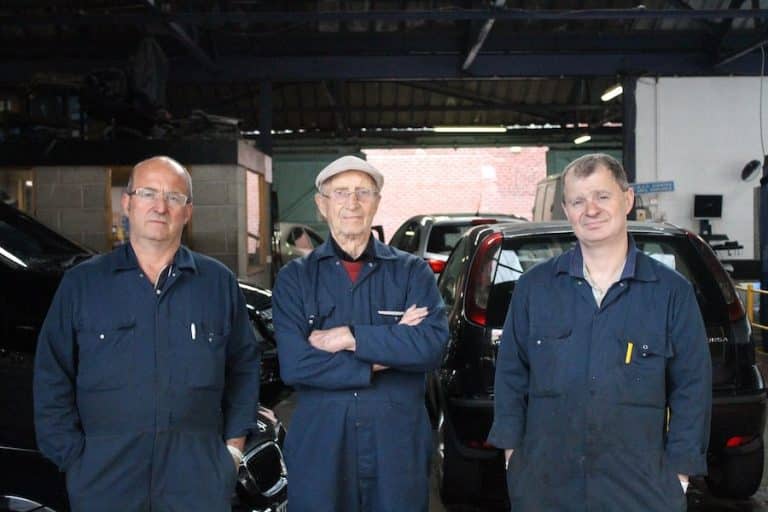
Ancoats to get even cooler as independent market set for MOT garage site

“Manchester is not Britain’s second city, it’s the first” – Jeremy Clarkson
